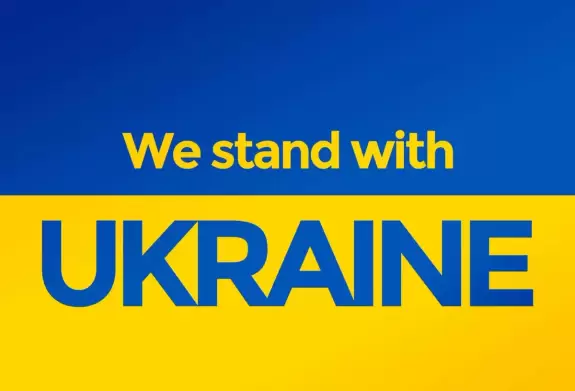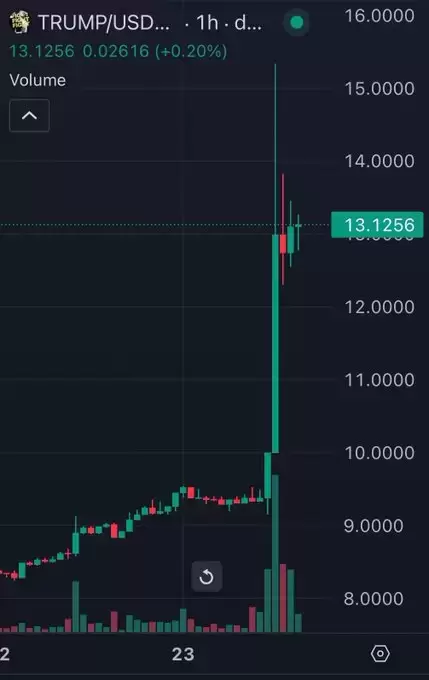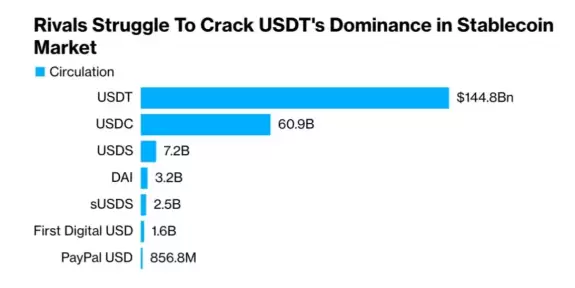Communtity feeds
-

- Twitter source
- unusual_whales Apr 24, 2025 at 05:15 am
Trump will attend a dinner for the top 220 holders of the meme coin, $TRUMP -

- Twitter source
- Coffeezilla Apr 24, 2025 at 04:51 am
Extremely funny to see the SEC change it's rules on memecoins to carve out non-utility memecoins as non-securities, making the President's coin fully legal... only to have $TRUMP coin offer utility with a Presidential dinner for top holders.
-

- Twitter source
- Steve Rustad Apr 24, 2025 at 04:34 am
Stand with Ukraine! France is. Germany is. All of Europe is. Go fuck yourself, Trump. $TRUMP #Maddow #TrumpIsARussianAsset President Zelensky Trump Tower Paid for by Trump Boomers Gulf of Mexico Crimea Yale NASA Dick Durbin Dumb and Dumber Trump is a Russian
-

- Twitter source
- The Kobeissi Letter Apr 24, 2025 at 03:52 am
BREAKING: President Trump’s memecoin, $TRUMP, surges as much as +65% after he announces that the top 220 holders will get to have dinner with him.
-

- Twitter source
- Crypto.com Apr 24, 2025 at 03:31 am
The PAXG App Campaign ends on 1 May An even share of US$20,000 in $BTC could be yours! Trade (buy/sell) at least US$50 of $PAXG to join, and be among the top 4,000 traders to win
Full details and T&Cs
https://crypto.com/events/paxg-app-campaign…

-

- Twitter source
- Cointelegraph Apr 24, 2025 at 03:30 am
JUST IN: PayPal will offer 3.7% annual rewards on $PYUSD stablecoin balances to boost adoption, as competition in the stablecoin market intensifies.

-

- Twitter source
- XRP ANALYST Apr 24, 2025 at 03:20 am
-
- Twitter source
- {{val.author }} {{val.createtime }}











































































